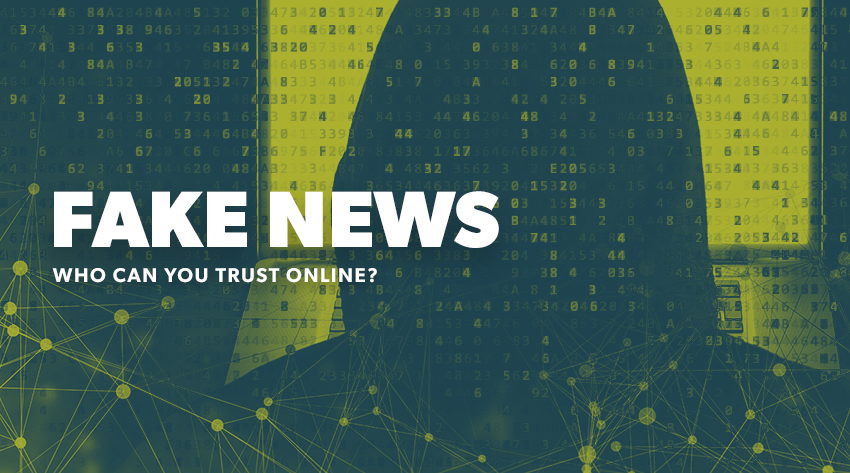We feel it is our responsibility as content creators and distributors ourselves to explore the current, ongoing buzz around what is being labelled as 'fake news'. I have put together this short piece to explore how you can identify the authority content out there...
A few weeks back Donald Trump refused to answer a question from CNN at his first press conference since winning the presidency. His reasoning?
“You are fake news.”
This was the latest citation of the biggest trending phrase over the past year; fake news.
It’s currently being blamed for the result of the US election, the rise of the alt right and the increasing gap between the opposing sides of the political spectrum.
Trusting the press has always been an issue for some, but in an age where literally anybody can create a professional looking website and pose as a news provider, the issue has extrapolated in recent years.
So who can you trust online?
For some, the answer is simple. Nobody. The conspiracy theorist’s intent on tackling the new world order's plans of world domination will tell you that every 'reputable' news organisation has an agenda as to what they publish.
“It’s all tainted!” they’ll scream!
But for those of us who don’t buy into theories of the absurd or the supernatural, there are ways of identifying news organisations that have their journalistic integrity intact.
- Google has introduced a new 'fact check' feature designed to legitimise popular stories that are gaining traction in the media. A grey fact check option will appear below popular news outlet versions of the same story.

- Winning a Pulitzer prize is a good indication that the standard of your journalism is pretty high. It’s the highest honour one can achieve in the field of journalism, and winners don’t often hang around in a morally bankrupt environment. The more Pulitzers a news organisation has the better.
- Who owns the news outlets can serve as a helpful indicator on whether they are the best source of information for particular stories. For example, if Rupert Murdoch ever finds himself embroiled in controversy again, you might be best off looking for details away from the News Corporation titles. You know what they say, don’t cross the boss.
- Do your own research. Just because something is published by reputable publications does not necessarily mean that it’s gospel. Stay vigilant and ensure you research the facts behind the headlines before hitting that share button on social media.
- Below is a video by debunkers factcheck.org looking at a plethora of other signals which could indicate you’re reading fake news.
Back to Donald Trump’s accusation levelled at CNN.
Is it fair to call one of the biggest news organisations in the US 'fake news'? Probably not. However, will everything CNN publish in future be 100% accurate? Again, probably not.
The important distinction between journalistic error and purposely misleading the public is a subject for another day, but the end result of misinformation is all the same, and that’s why the vetting process above is so important.
Whether it’s for monetary purposes, political purposes or through human error, fake news is here to stay.
To help you navigate through this Orwellian terrain of doublespeak and 'alternative facts', I’ve listed a few fact checking services designed to aid you on your journey to the truth.
Good luck out there, you’ll need it! Period.
Sign up for our monthly newsletter and follow us on social media for the latest news.





 Proudly part of IPG Mediabrands
Proudly part of IPG Mediabrands